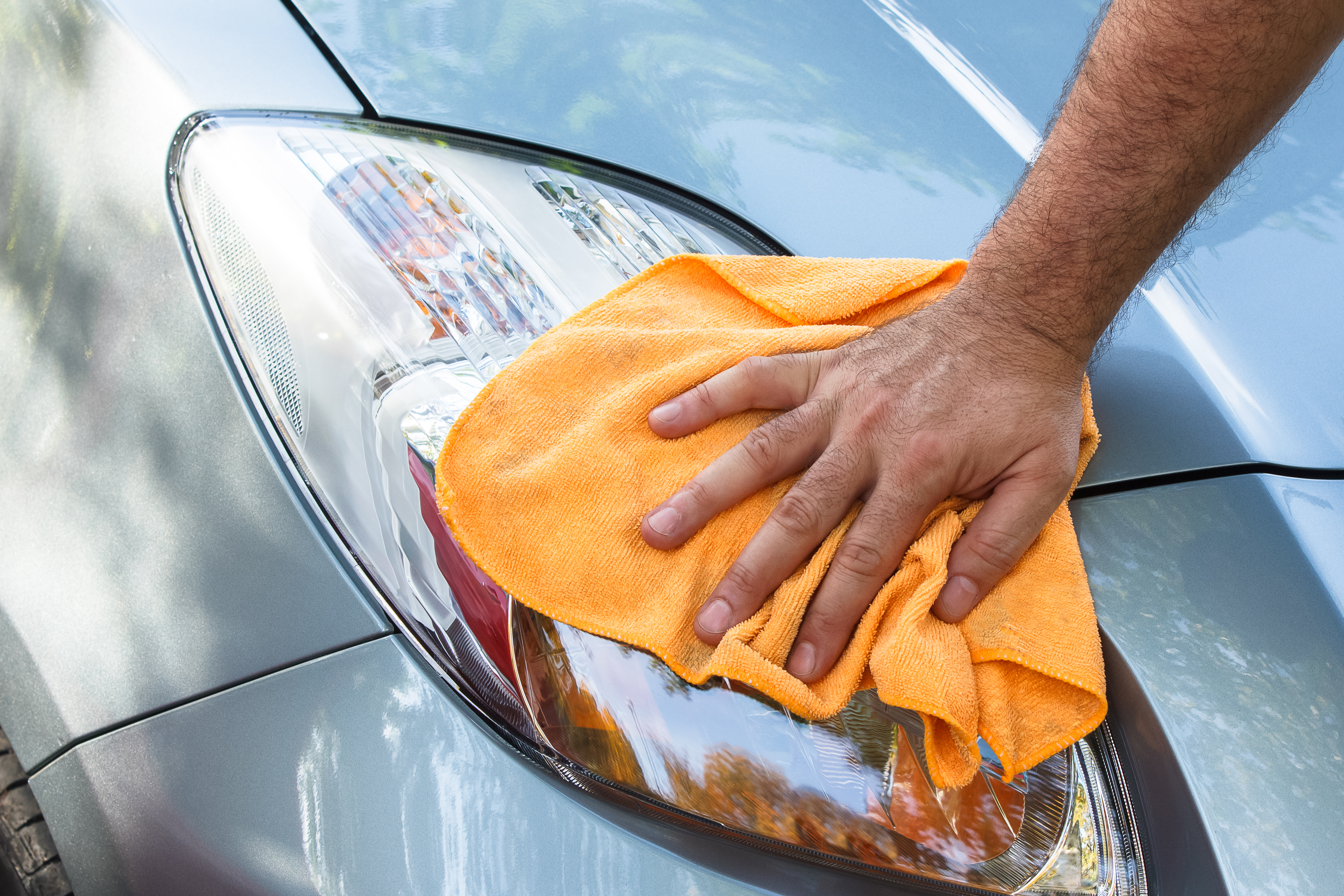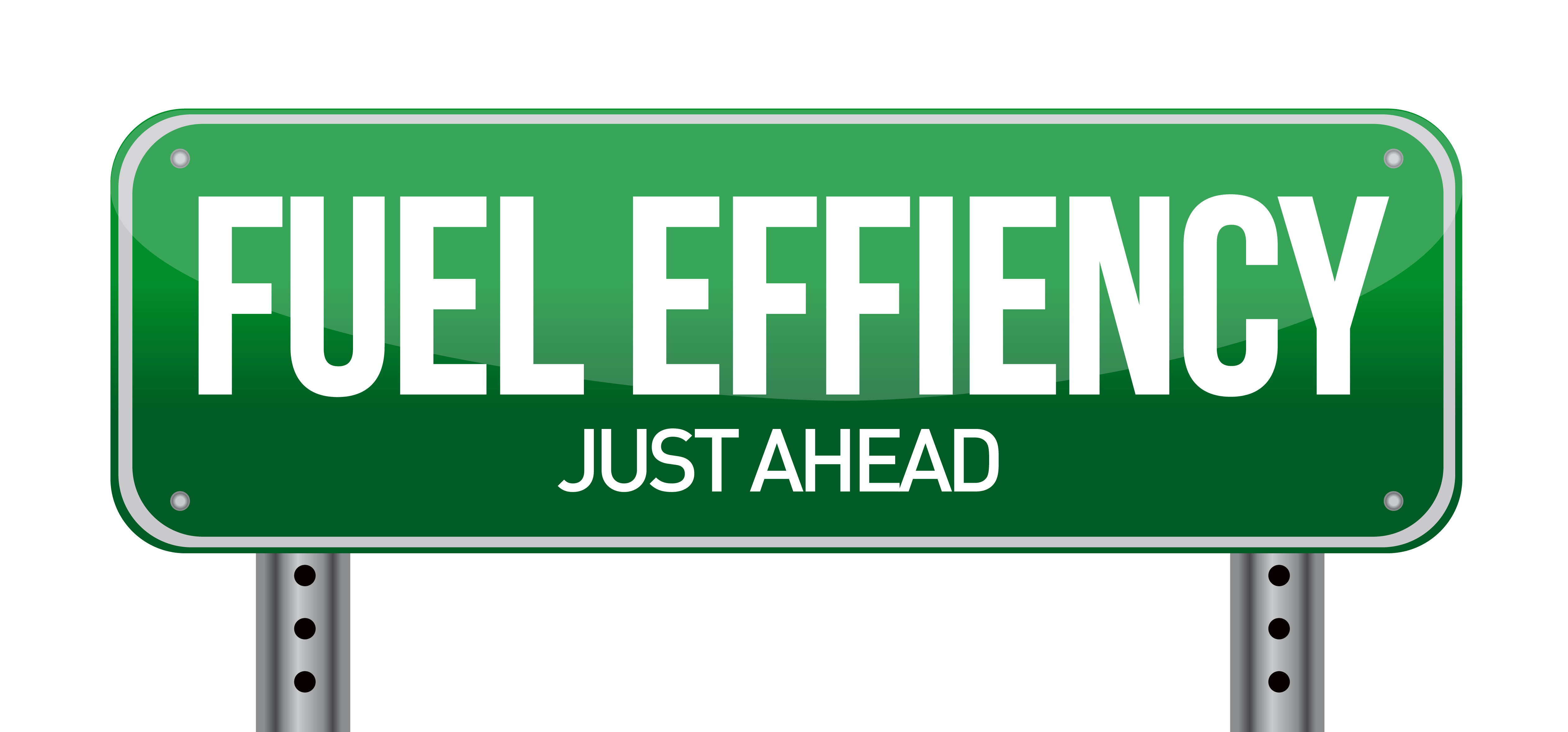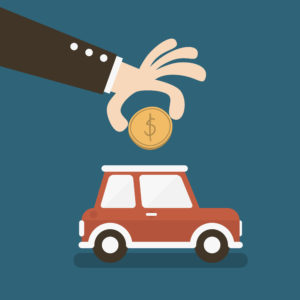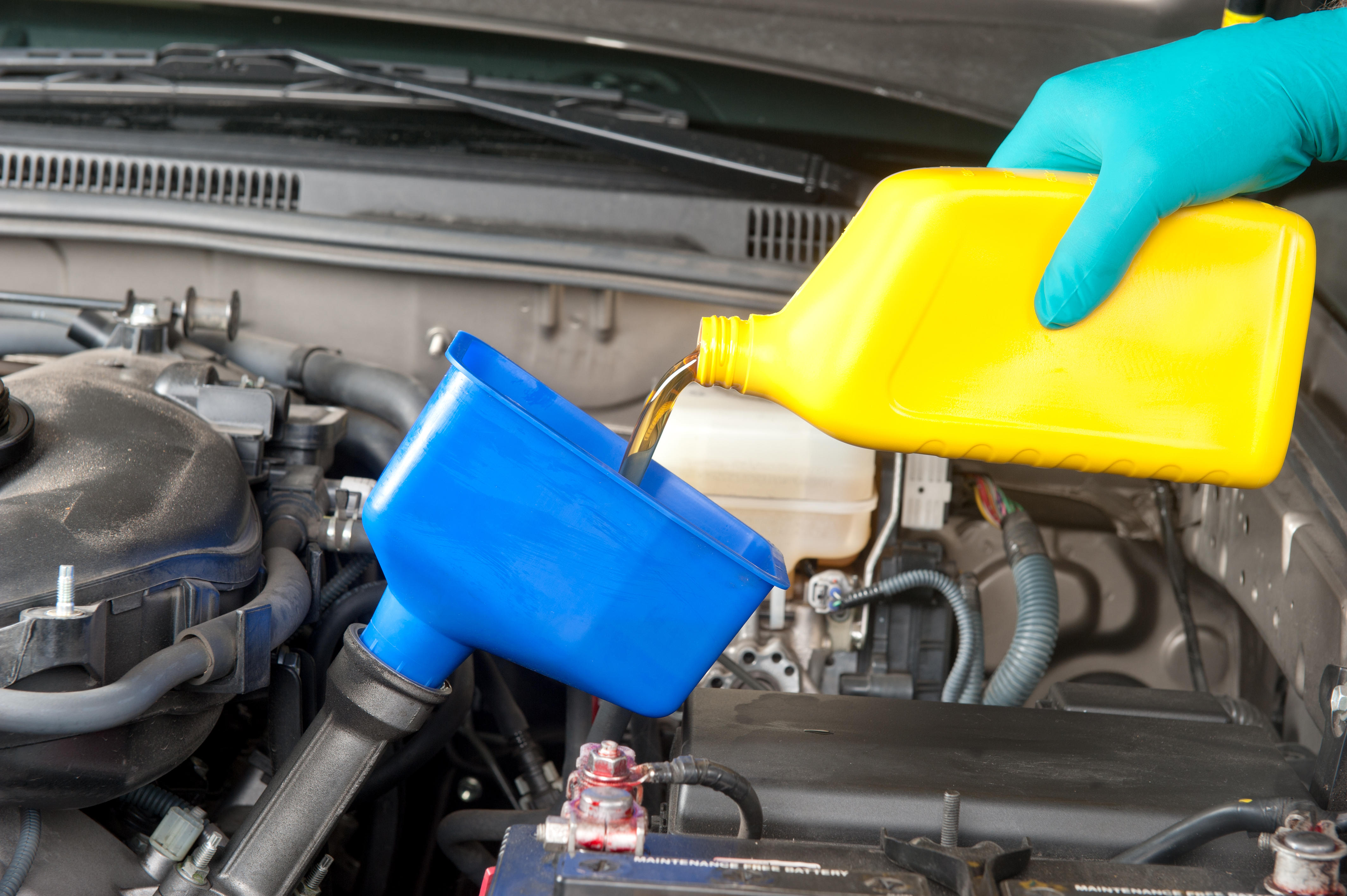What Happens When the Bank Writes Off a Car Loan?
Repossession
If you miss making your car payments, you probably already know that the lender will repossess your car. No doubt, this is not a good thing. But, there is more to the story. What the lender will do after repossessing your vehicle is to resell it. If there is a shortfall on what you owe and what the lender sold the car for, the lender will come after you for the difference. Not only that, you will be responsible for any repossession fees, legal fees and any other fees the lender incurred trying to sell your car.
Owing Lender
In your original loan deal, you not only agreed to pay back the car loan, you agreed to do it at a certain rate of interest. When you default on the loan, creating a charge off scenario for the lender, the lost interest is another fee that you will owe.
When Write-Offs Occur
The bank can actually claim your loan as a write-off before or after it repossesses your car if you have missed payments. The write-off is done for accounting purposes to show that your loan is no longer an asset for the bank. It happens when the lender decides that you are not going to pay your debt. While this changes the lender’s assets for tax purposes, it does not get you off the hook regarding paying the loan back.
Damages Credit
Write-offs will appear on your credit report, which will make it difficult to get future loans. Many time, write-offs are the result of a bankruptcy. When a person files Chapter 7 bankruptcy, that person will get a fresh financial start and will not have to pay back most of his debts. There are still consequences, however. Your credit will definitely be shot if bankruptcy happens, and you won’t be able to get any loans for the next 10 years, according to financial planner Gary Foreman writing for The Dollar Stretcher. Even if you get a write-off without bankruptcy, it will still be a bad mark on your credit.
Prevention/Solution
Before you let your car get into a write-off status, do everything you can do prevent that from happening. You can try to refinance your car through your bank or credit union, but that is very unlikely to happen, according to LeaseGuide.com. Your best plan of action is to contact your lender immediately. Your lender might be willing to work with you because banks are not in the business of selling cars. The lender might allow you to “short sale” the car, similar to what people do with houses they can no longer afford. You would sell the car, probably for less than you owe on it, at a price the bank agrees to. You would owe less to the bank this way than if the bank had to repossess and sell your car at auction and charge you expenses.
Quick Money Savings Tip For Safe Drivers
There are dozens of auto insurers – Which one will give you the best rate?
Step 1) Choose your vehicle make below.
Step 2) On the next page, complete the 4 minute questionnaire, and you'll have the opportunity compare the best rates in your area.
Step 3) Keep more money and possibly save hundreds!










